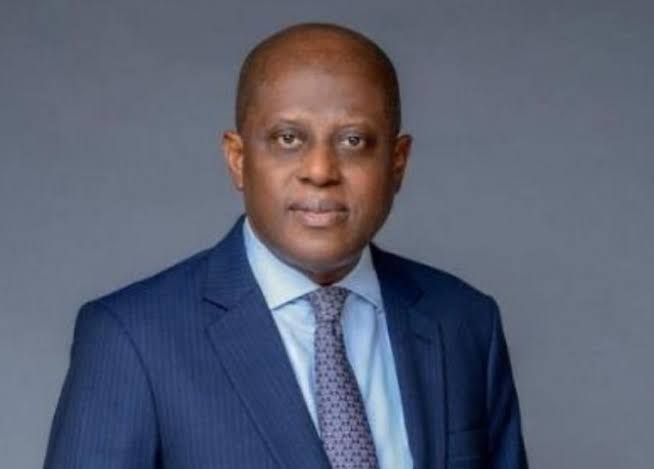Economy
Emefiele Fiscal Policies Put CBN In A Bad Light – Cardoso
The Governor of the Central Bank of Nigeria (CBN), Dr Olayemi Cardoso, said that the quasi-fiscal policies of his predecessor, Godwin Emefiele, resulted in N10 trillion being pumped into the economy through intervention programmes.
Cardoso stated that he was aware that the apex bank’s activities over the past few years had put the CBN in a bad light, but they were trying to rectify the situation.
The CBN boss said this on Friday at the 58th Annual Dinner of the Chartered Institute of Bankers of Nigeria in Lagos, where he was the special guest of honour.
He said, “I am aware that events over the past few years have also put the CBN in a bad light. These issues can be attributed to various factors, such as corporate governance failures, diminished institutional autonomy of the Central Bank of Nigeria, a deviation from the core mandate of the Bank, unorthodox use of monetary tools, an inefficient and opaque foreign exchange market that hindered clear access, a foray into fiscal activities under the cover of development finance activities. There was also a lack of clarity in the relationship between fiscal and monetary policies, among other challenges.
“Hitherto, the CBN had strayed from its core mandates and was engaged in quasi-fiscal activities that pumped over N10tn into the economy through almost different initiatives in sectors ranging from agriculture, aviation, power, youth and many others. These clearly distracted the bank from achieving its own objectives and took it into areas where it clearly had limited expertise.”
Speaking further, Cardoso promised that the issues affecting the apex bank would be tackled under his watch.
“Under my leadership, the Central Bank of Nigeria will vigorously address these issues. We will tackle institutional deficiencies, restore corporate governance, strengthen regulations, and implement prudent policies. We assure investors and the business community that the economy will experience significant stability in the short-to-medium term as we recalibrate our policy toolkits and implement far-reaching measures,” he added.












